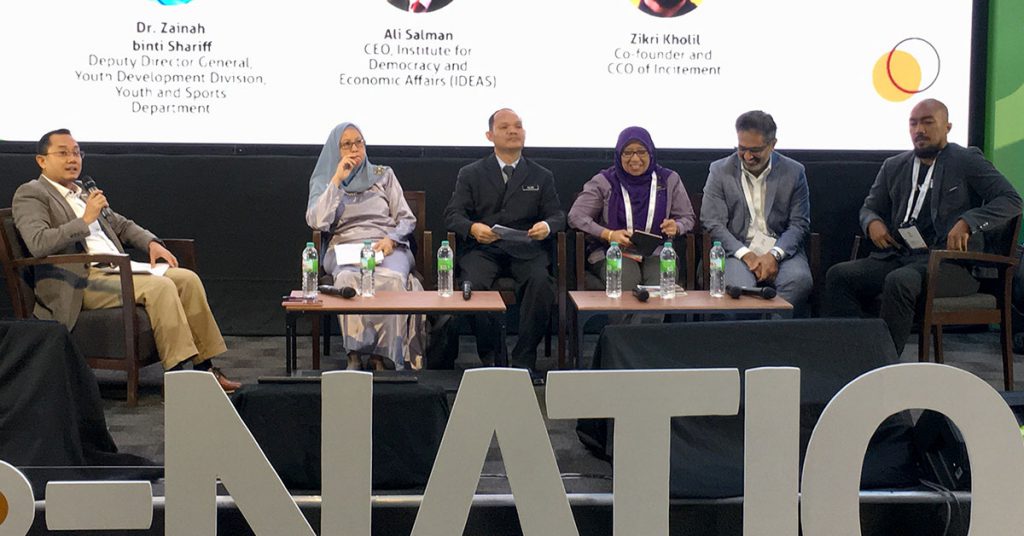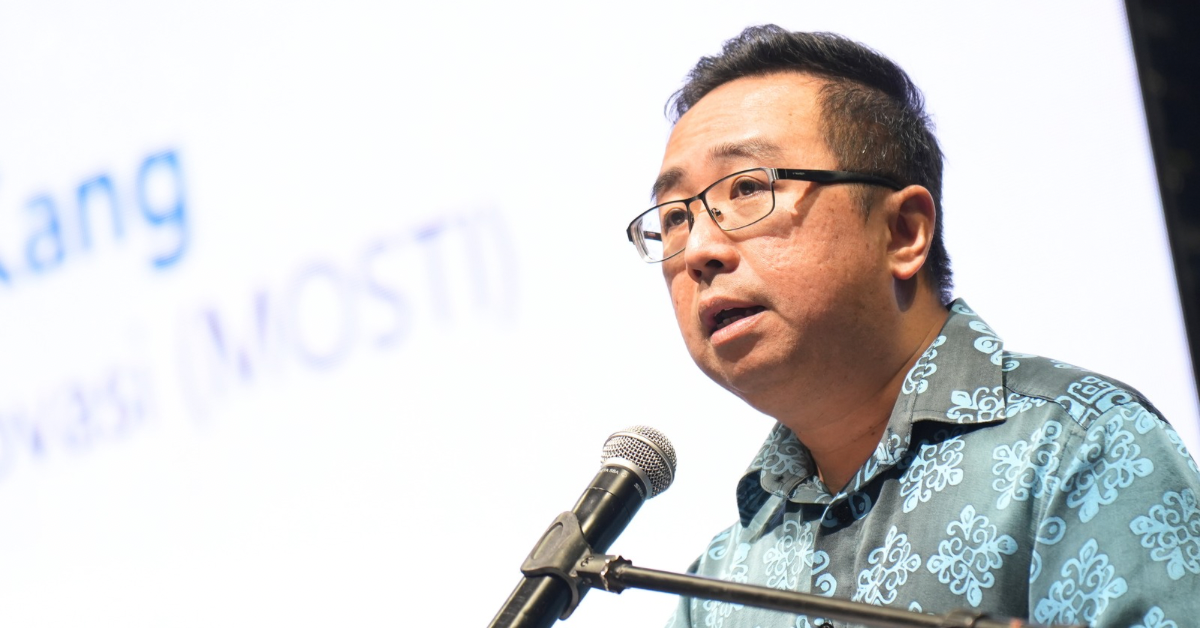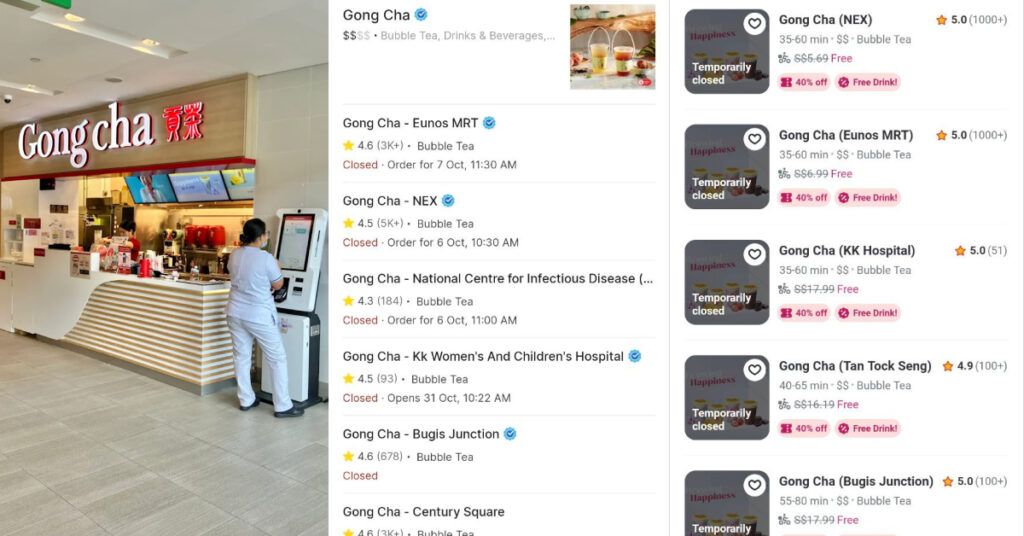This article series is in conjunction with Entrepreneurial Nation (E-Nation) Symposium, a 4-day event at MaGIC with the theme “Shaping An Entrepreneurial Nation”. The event will cut across 6 main pillars (Creative, Corporate Innovation, Education, Entrepreneurship, Policy and Social Entrepreneurship), with the objectives to:
1) Bridge ecosystem players together to exchange ideas, promote collaboration and foster networking opportunities;
2) Highlight recent entrepreneurial initiatives;
3) Gather influential entrepreneurs and speakers to share rich knowledge and information to attendees;
4) Promote the concept of social innovation and social responsibility to encourage the adoption and understanding of the conscious entrepreneurship concept.
This article is in line with the Policy pillar.
It was announced during Budget 2020 that over RM1 billion will be allocated to boosting entrepreneurship in Malaysia, across multiple segments of the society.
But money isn’t the only thing needed to make Malaysia an entrepreneurial nation—we need policies too, and inclusive ones at that.
During a panel discussion titled “Policies towards Building an Inclusive Entrepreneurship Ecosystem” on Day 2 of the E-Nation Symposium, we had the opportunity to witness a productive conversation about entrepreneurship policies between:
- YBhg. Datin Dr. Syahira binti Hamidon, Senior Director, Policy and International Relations Division, Ministry of Entrepreneur Development (MED)
- Muhammad Nazim bin Abdul Rahman, Deputy Under Secretary, Strategic Planning, Ministry of Rural Development (KPLB)
- Dr. Zainah binti Shariff, Deputy Director General, Youth Development Division, Ministry of Youth and Sports (KBS)
- Ali Salman, CEO, Institute for Democracy and Economic Affairs (IDEAS)
- Zikri Kholil, Co-founder and CCO of Incitement
Moderating the discussion was Amiruddin Abdul Shukor, Executive Director of Finance & Corporate Services at MaGIC.
Based on what was said during the panel, here are 7 things we know the government is doing to encourage entrepreneurship across the diverse segments of Malaysian society.
1. An Education System That Teaches Entrepreneurship Values
When we think about inclusivity, children probably aren’t the first people who come to mind. However, Datin Dr. Syahira stated that the best way to inculcate entrepreneurship culture in the Malaysian population is to start with the young.
“Every child in Malaysia has access to free education from primary to secondary school, so the best way for us to ensure that all children in Malaysia have access to, and be inculcated with, entrepreneurship values is through our education system,” she explained.
“So, that is why the first teras of the (DKN 2030) policy is to actually ingrain the aspect of entrepreneurship culture inside our education system.”
2. Intensifying Outreach Programmes To All Segments Of Malaysian Society
Datin Dr. Syahira shared that MED intends to intensify its outreach programmes to reach not only Malaysians living in rural areas, but also Malaysians in disadvantaged groups like the B40 and the differently abled.
3. Specific Intervention Programmes By The Different Ministries
Each ministry has its target group of people to cater to with its policies, and this is why Datin Dr. Syahira brought up the topic of specific intervention.
“There are more than 60 agencies and ministries looking into entrepreneurship. So, the challenge is for us to ensure that the 3 of us (MED, KPLB, KBS) are not targeting the same target,” she said.
For example, a programme for youths would have to be specifically targeted towards youths, and be led by the Ministry of Youth and Sports.

4. Promoting Social Entrepreneurship
Social entrepreneurship is something that’s still in its early days in Malaysia, but Datin Dr. Syahira believes that we are moving fast towards strengthening social enterprises (SE) in the country.
A policy that’s inclusive will have to be one that also encourages social entrepreneurship, as the main aim of SEs is not so much about profitability, but to look into social development.
5. Using Cooperatives For Community Outreach To B40
“The concept of cooperatives is shared profit, and it’s togetherness in doing something within a specific community,” Datin Dr. Syahira said. “So, we believe that through this cooperative movement, we can have better access in reaching out to those in Malaysia’s B40 group.”
In usual discussions about B40, our minds often go straight to the communities in rural areas. However, according to statistics, Datin Dr. Syahira said that the most urgent issues like homelessness, for example, exist not in rural areas, but in urban ones.
6. Entrepreneurship Beyond The Agricultural Sector In Rural Areas
From the KPLB, Nazim said that they have a policy called Dasar Pembangunan Luar Bandar (DPLB) that will guide development in rural areas from now until 2030.
In the policy, there are 3 pillars that concern entrepreneurship. “We are setting the platform for entrepreneurship being our main engine in economical growth in rural areas,” Nazim shared.
“We are trying to make a decent living for the rural folks. They should also be able to get a piece of the prosperity cake; rural areas also need to feel this inclusivity of having shared prosperity, not only for the urban states or areas that are more advanced.”
7. Providing Entrepreneurship Training, Mentor Programmes & Bootcamps For Youths
Currently, KBS conducts various training, mentor programmes, and bootcamps for entrepreneurial youths, according to Dr. Zainah. “Youths nowadays have so many ideas, so we have to provide a platform where they can transform their ideas into real business strategies and execute the ideas as real business plans,” she said.
She shared that next year, KBS will embark on programmes dedicated to social entrepreneurship and digital businesses with the aim of enhancing economic well-being amongst youths by 2035. This is important because according to the Malaysian Youth Index, the score for economic well-being amongst youth has been low for the past 3 years.
Other Areas To Address

Ali of IDEAS, a think tank for the government, said that one glaring challenge that has yet to be addressed in Malaysia is the lack of access to VC funds for startups.
“The access to capital from VC funds in Malaysia for startups is less than 1%, according to MaGIC’s own report, whereas about 60% of VC funds capital in Singapore goes to startups,” he highlighted.
However, this doesn’t mean there is a total lack of access to funds in Malaysia. Ali said that statistics from Bank Negara suggested that access to finances for SMEs is very high, but this also means that only established SMEs are getting financed.
“But the startups which lead to innovation, which lead to new ideas, are not getting sufficient VC funds,” he lamented, bringing up the famous example of how Grab left Malaysia to thrive in Singapore.
Besides funding, another issue that was brought up was about how the foreign talent pool in Malaysia is being ignored.
Zikri of Incitement, a Malaysian social enterprise with a community spread out over 40 countries, had his own thoughts about the state of the Malaysian entrepreneurship ecosystem.
In order for Malaysia to become an inclusive entrepreneurial nation, he believes that the foreign talents in the country should be acknowledged too.
“They play a key role as well from a talent perspective to shape the localisation of the entrepreneurship scene here too. These are the men and women who are also shaping the growth of any kind of gig economy or any SMEs who are always looking to hire,” he said.
- You can read more on what we’ve written about MaGIC here.










